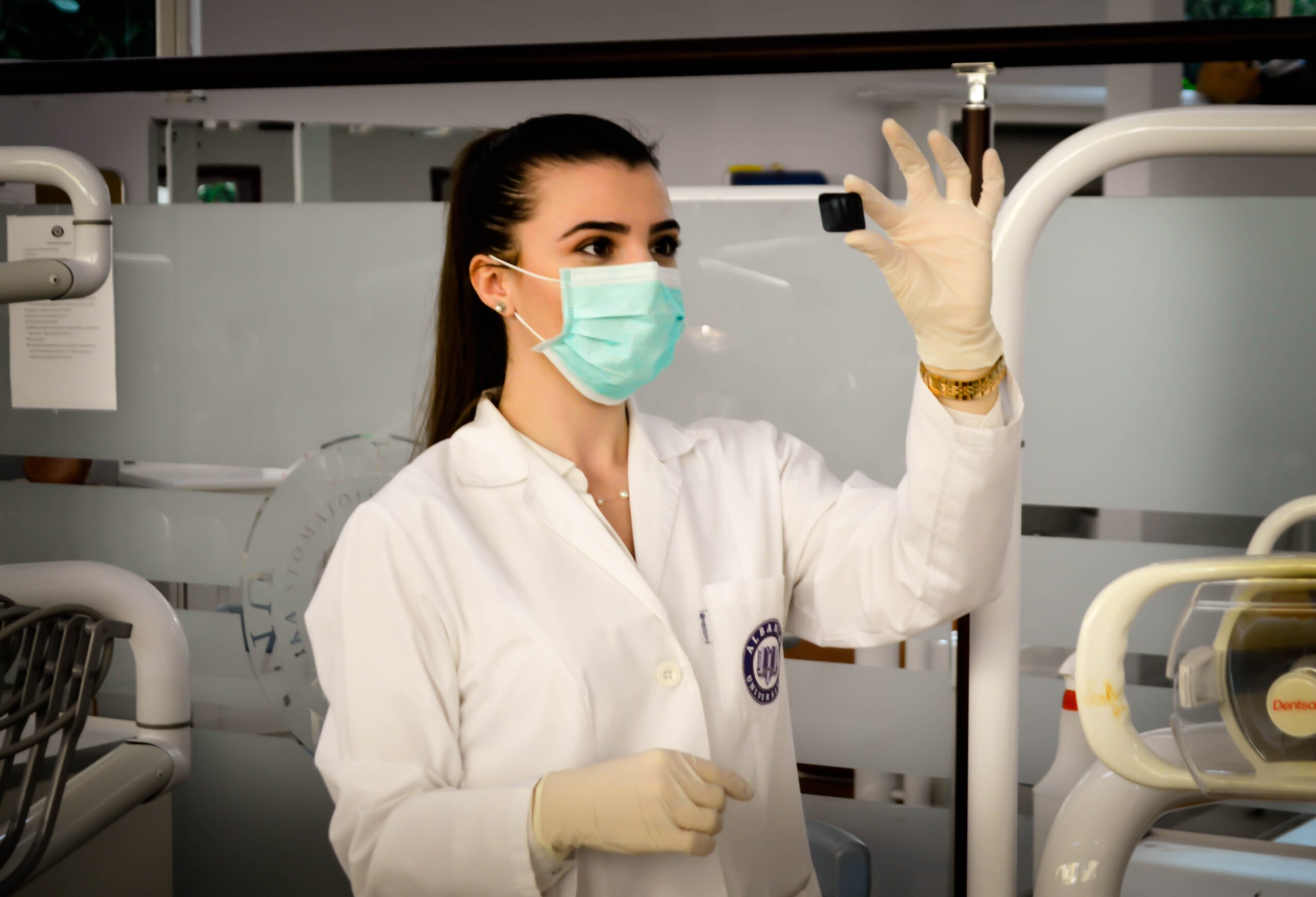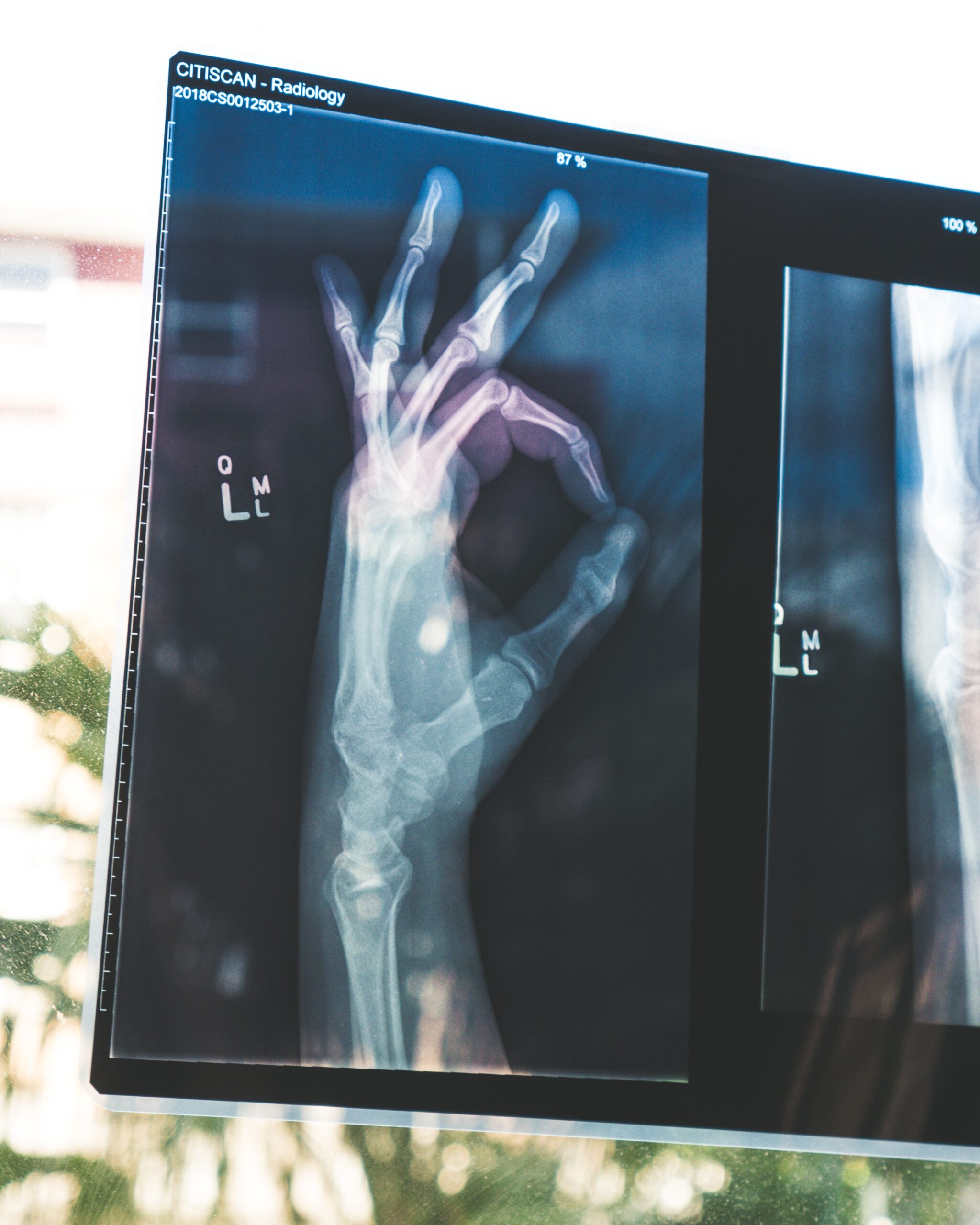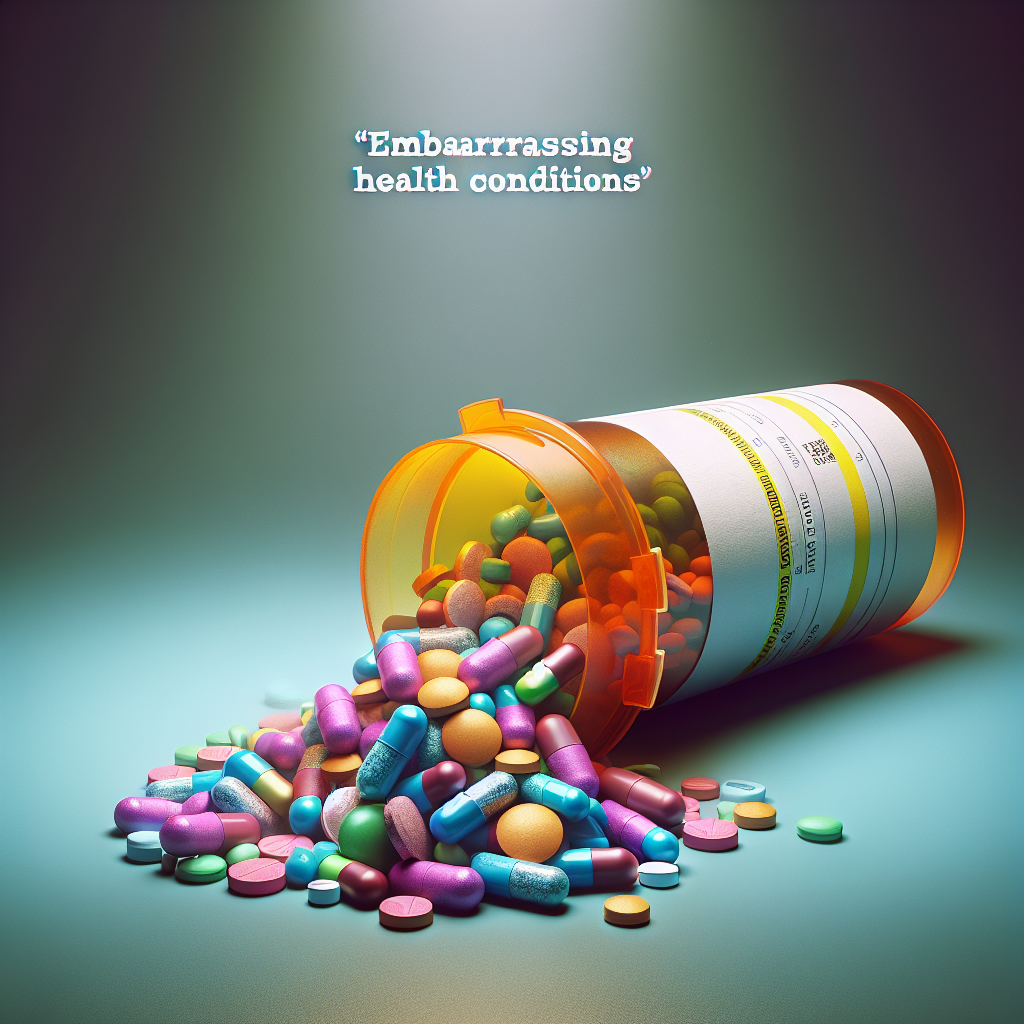Have you ever found yourself in a situation where a certain health condition left you feeling utterly embarrassed? Whether it’s excessive sweating, bad breath, or even chronic flatulence, embarrassing health conditions can have a significant impact on our self-esteem and daily lives. In this article, we will explore some of these common yet uncomfortable conditions, shedding light on potential causes, effective treatment options, and how to navigate these embarrassing moments with grace and confidence. So, if you’ve ever experienced an embarrassing health condition, read on for some helpful insights and tips.
Bodily Functions
Excessive Sweating
Excessive sweating, also known as hyperhidrosis, can be a frustrating and embarrassing condition. It occurs when your body produces more sweat than necessary to regulate your body temperature. If you find yourself constantly sweating, even when it’s not particularly hot or after minimal physical activity, you may be dealing with hyperhidrosis.
To manage excessive sweating, you can try using clinical-strength antiperspirants that contain a higher concentration of active ingredients. These can help reduce sweat production and keep you feeling fresh throughout the day. Another option is to wear breathable fabrics and loose-fitting clothing to allow better airflow to your skin, minimizing the chances of sweat buildup.
In severe cases, you may consider medical treatments such as Botox injections or prescription medications to control excessive sweating. These options should be discussed with a healthcare professional who can assess your specific situation and provide appropriate guidance.
Flatulence
Flatulence, or passing gas, is a natural bodily function that occurs due to the digestion process. However, excessive or uncontrollable flatulence can be both uncomfortable and embarrassing. If you find yourself dealing with persistent flatulence, there are a few steps you can take to minimize its impact.
Firstly, maintaining a balanced and healthy diet can help regulate your digestive system and reduce excessive gas production. Some specific foods, like beans, onions, and broccoli, are known to increase gas production in the body, so limiting their intake may be helpful. Additionally, chewing your food thoroughly and eating slowly can aid in proper digestion and reduce the chances of excess gas formation.
If you’re concerned about the frequency or intensity of your flatulence, consulting with a healthcare professional is recommended. They can help identify any underlying digestive issues or food intolerances that may be contributing to the problem.
Incontinence
Incontinence refers to the loss of bladder or bowel control, causing involuntary leakage of urine or feces. It is a condition that can significantly impact one’s confidence and quality of life. While more commonly associated with the elderly, incontinence can affect individuals of all age groups.
Managing incontinence involves a combination of lifestyle changes, pelvic floor exercises, and, in some cases, medical treatments. For example, maintaining a healthy weight, avoiding bladder irritants such as caffeine and alcohol, and practicing good toilet habits can make a significant difference.
Pelvic floor exercises, like Kegels, are also beneficial for strengthening the muscles that control bladder and bowel function. These exercises can be easily performed in the comfort of your own home and help regain control over incontinence.
If conservative measures fail to improve your condition, don’t hesitate to consult with a healthcare professional. They can provide further guidance and explore more advanced treatment options, such as medication or surgical interventions, tailored to your specific needs.

Skin Issues
Acne
Acne is a common skin condition that can affect individuals of all ages, not just teenagers. It occurs when hair follicles become clogged with oil and dead skin cells, leading to the formation of pimples, blackheads, and whiteheads. Dealing with acne can be frustrating and impact your self-esteem, but with the right approach, it can be managed effectively.
A gentle skincare routine using non-comedogenic products is crucial in controlling acne. This means using products that won’t clog your pores and exacerbate breakouts. Regularly cleansing your face, avoiding harsh scrubs, and using oil-free moisturizers can help maintain a healthy complexion.
If over-the-counter treatments like benzoyl peroxide or salicylic acid don’t provide sufficient relief, consulting with a dermatologist is recommended. They can prescribe suitable medications, such as topical retinoids or antibiotics, to address more severe forms of acne.
Body Odor
Body odor refers to the unpleasant smell that our bodies can produce when bacteria break down sweat on our skin. While sweating is a natural process, the odor associated with it can be embarrassing and make us feel self-conscious. Fortunately, there are steps you can take to manage and reduce body odor.
Maintaining good personal hygiene is crucial in preventing body odor. Regularly showering, especially after physical activity or sweating excessively, helps remove bacteria and sweat from your skin. Additionally, using antibacterial soaps or body washes can be beneficial in combating the odor-causing bacteria on your body.
Wearing clean and breathable fabrics, like cotton, can also minimize body odor. These fabrics allow better air circulation, reducing the chances of sweat and bacteria buildup. Avoiding tight-fitting clothing that traps sweat against your skin is also recommended.
If you find that your body odor persists despite practicing good hygiene habits, it may be worth consulting with a healthcare professional. They can help identify any underlying medical conditions that could be contributing to the issue, such as hormonal imbalances or infections.
Excessive Hair
Excessive hair growth, medically known as hirsutism, is a condition characterized by the growth of thick and dark hair in areas typically seen in males, such as the face, chest, and back. It can be distressing for individuals and impact their self-confidence. While it’s important to remember that some hair growth is normal and varies among individuals, managing excessive hair growth can be done through various methods.
Shaving and depilatory creams provide temporary relief by removing hair at the surface level. However, these methods often need to be repeated frequently. Waxing or sugaring can provide longer-lasting results, but they may be more uncomfortable.
For more permanent hair removal, methods like laser hair removal and electrolysis are available. These treatments target the hair follicles to inhibit future growth. However, they may require multiple sessions to achieve desired results.
It’s crucial to note that excessive hair growth may have an underlying cause, such as hormonal imbalances or polycystic ovary syndrome (PCOS). If you’re concerned about your hair growth, consult with a healthcare professional who can help determine the underlying cause and provide tailored treatment options.

Sexual Health
Erectile Dysfunction
Erectile dysfunction (ED) is a common condition that affects men of various ages. It refers to the inability to achieve or maintain an erection sufficient for sexual activity. ED can have physical or psychological causes, and it’s essential to seek proper medical advice for diagnosis and treatment options.
Sometimes, lifestyle changes can significantly improve erectile function. Maintaining a healthy weight, exercising regularly, and avoiding excessive alcohol intake and smoking can positively impact erectile function. Additionally, managing stress levels and addressing relationship issues can contribute to overall sexual well-being.
If lifestyle changes alone are not sufficient, medical treatments like oral medications, such as Viagra or Cialis, can help manage ED. These medications work by increasing blood flow to the penis, facilitating an erection. Other treatment options include injections, suppositories, or even surgical interventions in severe cases.
Discussing concerns about sexual health with a healthcare professional is essential for proper diagnosis and personalized treatment plans.
Premature Ejaculation
Premature ejaculation (PE) is the most common sexual dysfunction in men, characterized by ejaculation occurring sooner than desired during sexual activity. It can cause frustration and potentially lead to anxiety or relationship issues. However, there are various strategies to manage and improve this condition.
Practicing techniques like the stop-start and squeeze methods can help delay ejaculation. These involve temporarily stopping stimulation during sexual activity or applying pressure to the penis to decrease arousal. Additionally, incorporating relaxation techniques and open communication with your partner can reduce anxiety and improve overall sexual satisfaction.
If self-help techniques don’t provide sufficient improvement, there are medications available that can help manage PE. Selective serotonin reuptake inhibitors (SSRIs) are commonly prescribed as they have been shown to delay ejaculation. However, these medications may have side effects, so it’s important to discuss them with a healthcare professional.
Remember, sexual health concerns are common and treatable. Seeking professional guidance can help improve your sexual satisfaction and overall well-being.
Sexually Transmitted Infections
Sexually transmitted infections (STIs) are infections transmitted through sexual contact. They can have significant health consequences and may lead to long-term complications if left untreated. Preventing STIs involves both practicing safe sex and getting regularly tested.
Using barrier methods like condoms or dental dams during sexual activity can significantly reduce the risk of STI transmission. These methods create a barrier between partners, preventing the exchange of bodily fluids. However, it’s important to note that some STIs, like herpes or HPV, can still be transmitted even with condom use, as they can affect areas not covered by the barrier.
Regular STI testing is crucial, especially if you have multiple sexual partners or engage in high-risk sexual activities. Many STIs may not show obvious symptoms, so testing is the only way to confirm infection. Healthcare professionals can provide testing and treatment options, as well as offer guidance on risk reduction strategies.
Remember, prioritizing safe sex and open communication with your sexual partners are essential for maintaining good sexual health.


